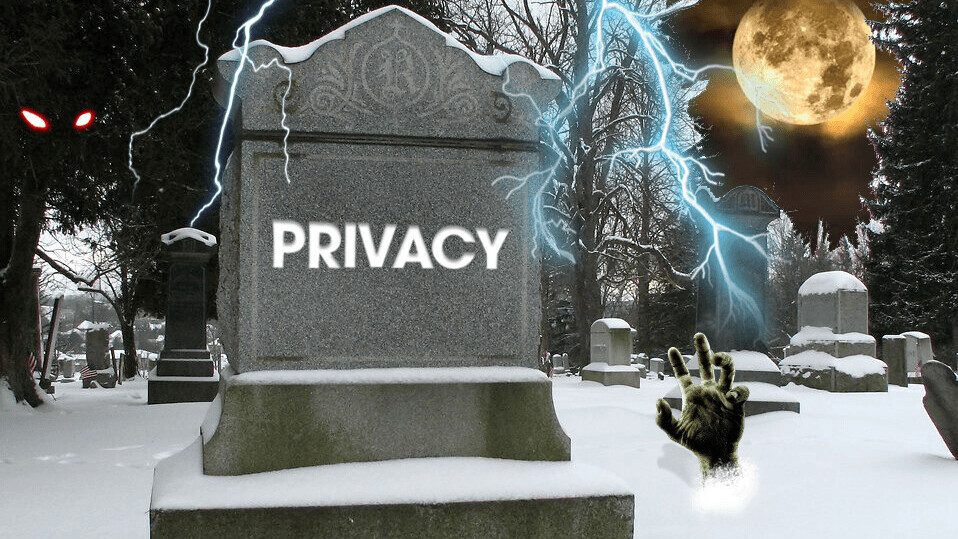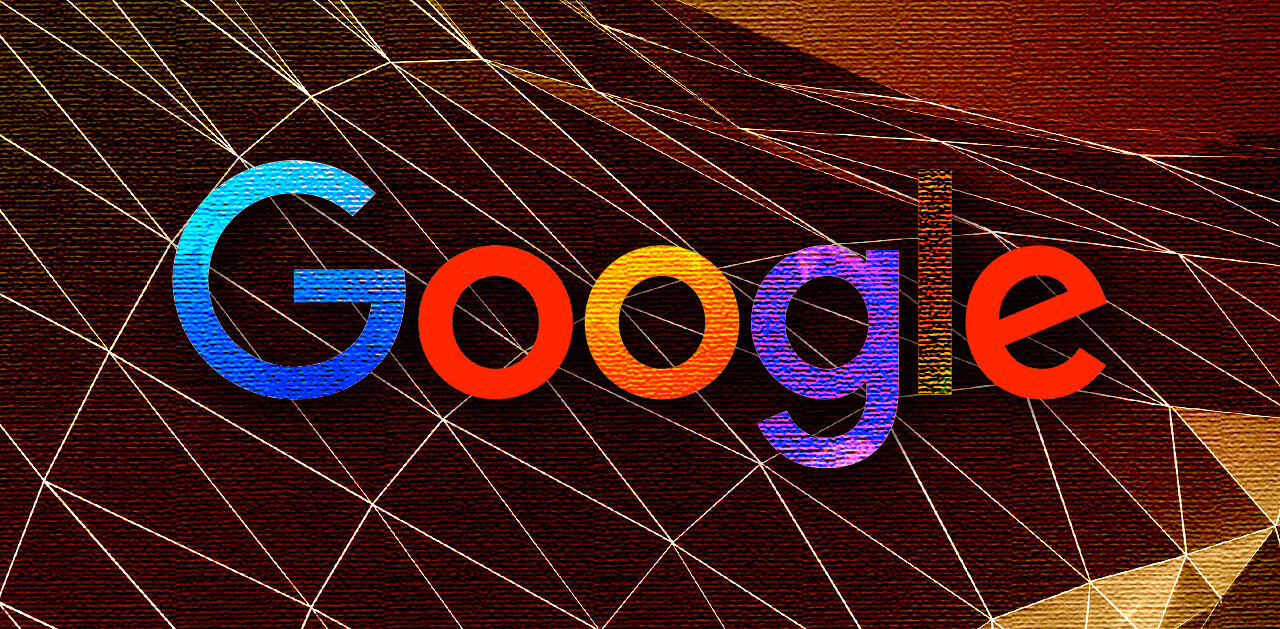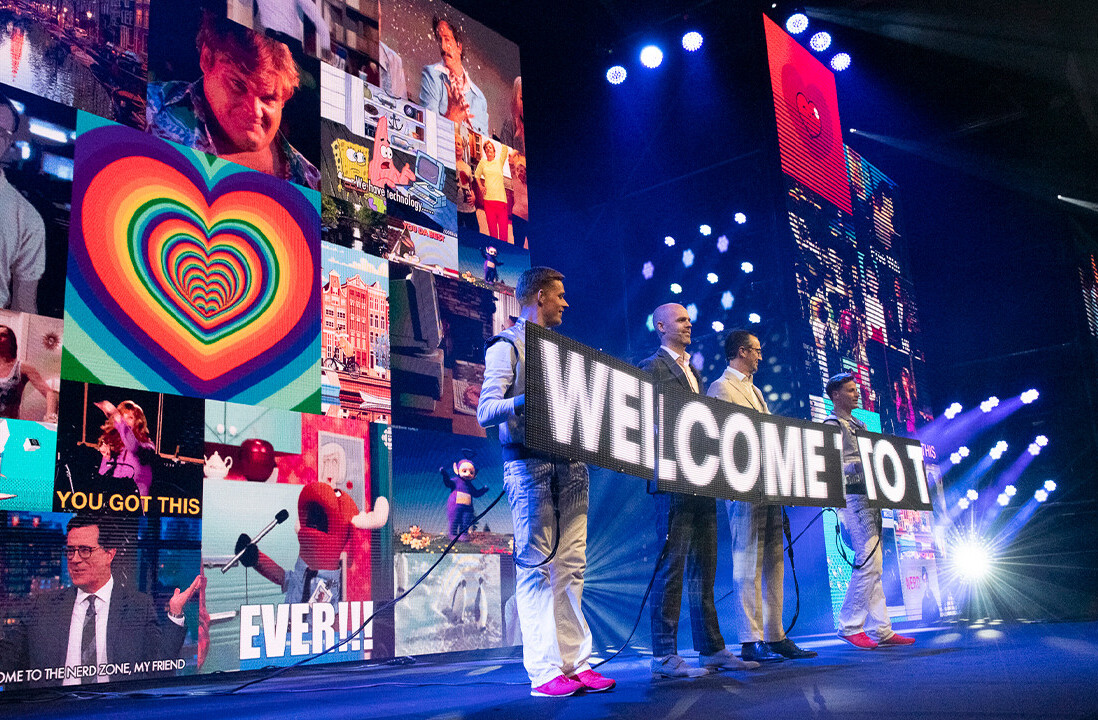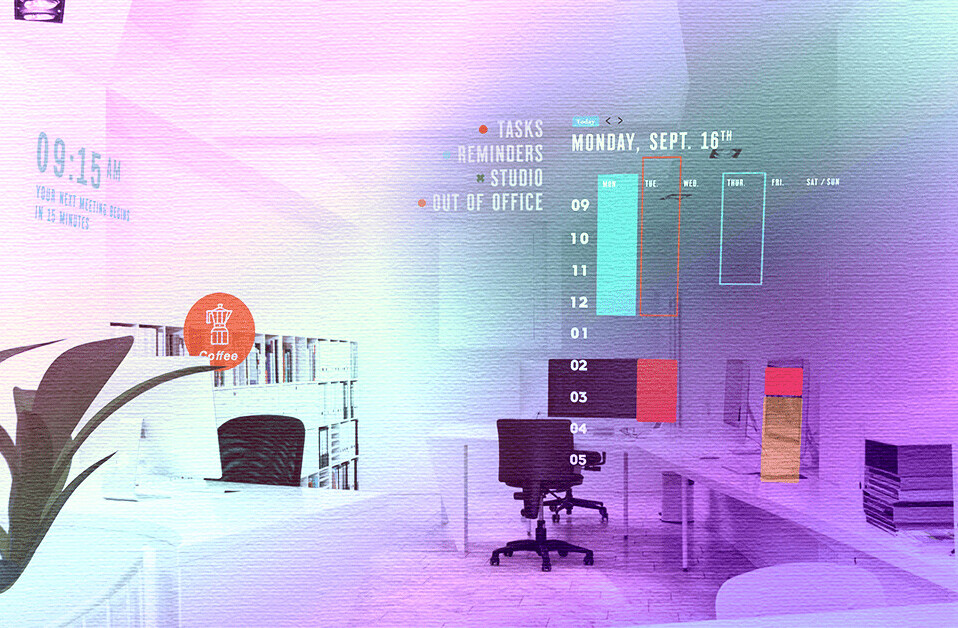
Everyone values privacy. We just don’t value it as much as the things we’re trading it for. I’m willing to give a relatively unknown company access to my entire social profile just so I don’t have to learn another password.
I’m willing to give Nike access to my every step so they can help me run faster, I give my data to Spotify so that I never have to buy another album and I give my data to my health insurer so that I save money. I make my nephew’s pictures public so I can get a bit of social connection. And I’m not alone.
In a survey of 2,000 leading-edge consumers, when given the choice between sharing details to stay connected vs. keeping private to protect information, 64 percent err on the side of social. In the battle between privacy and sharing, don’t bet against likes. So sure, we value privacy. But we don’t value it as much as money, knowledge, convenience, connection.
Privacy as we once knew it — being free from observation or attention — is dying
Our privacy is dying, and perhaps that’s OK. The spoils of the connected economy depend on transparency (you can’t be a private AirBnB guest or a private eBay seller). Furthermore, the value we reap from sharing and applying insight to our data is expanding exponentially.
Vast new value creation opportunities exist in the realms of health and wellness (your steering wheel could detect early signs of Parkinson’s), psychiatry (big data can optimize treatment plans for depression), and education (predictive analytics can reduce dropout rates), to name a few. As more value emerges from analysis, more data will be collected.
This transition to transparency is not without complications
We observe young people, whose defaults seem set to public, and get rightfully anxious about safety, reputation, and social pressure. It’s the transition at the center of Dave Eggers’ film, The Circle (2017), where the protagonist has to choose between total transparency or social isolation.
We observe leading-edge customers who are pretty optimistic about our tech-led future — getting excited about knowing more from AI, seeing more from VR, getting more done with automation. But when talking about living a more transparent life, 90 percent are scared (and only 10 percent are excited, as revealed by a recent survey we conducted with 2,000 exhibit attendees in New York).
We’re scared
The fear we feel towards this change doesn’t seem to be about the intrinsic value of privacy in and of itself. We’re nervous about safety, ownership, undue influence, who sees what.
We’re nervous about government monitoring and big business manipulation. We’re nervous about any number of issues raised by watching Black Mirror. It’s not privacy, per se, that we’re scared to lose. It’s what we lose after we lose privacy.
But we’re not scared enough to opt out
We don’t let these fears influence us enough to give up the services we enjoy. This is partly because opting out is nearly impossible — or at least a part-time job spent adjusting smartphone settings, avoiding e-mail, and reading every privacy policy you implicitly agree to when you visit a website, get a car, buy a thermostat, or find out who your celebrity doppelgänger is.
And perhaps even more powerfully, we don’t opt out because opting out means missing out. We seem hard-wired to prioritize things like social connection and knowledge over privacy.
Experts say data is the new oil, not just because of its immense value, but because, once refined, it fuels all those shifts that people love. You can’t have personalization without transparency, or predictive intelligence without historical data, and social networks flop without sharing. Privacy is dying, and even though we fear losing it, in many instances we’re the ones killing it.
The solution to this impasse requires a reconsideration of the problem. The idea of protecting “privacy” is quaint, unrealistic and even counterproductive. The modern economy flows and depends on a two-way data exchange. If data is the new currency, then true privacy is like keeping your money under your mattress.
What we need to protect is sharing
We need to protect the space between private and public and turn it into a space of safety, empowerment and control. Consumers (and, perhaps more crucially, regulators) need to awaken to the value of our personal data.
We need to demand transparency from the very companies that grew because we gave transparency to them. We need to start managing our data like we manage our money. We need to store it properly, protect it aggressively, make sure it’s in the right hands, optimize its value, and work with brokers to get the most out of it.
Europe is formally structuring methods to restore personal ownership, awareness and protection to aggregated data. Data is a source of power for companies today, and it can be a source of empowerment for people tomorrow — if handled properly. For that to happen, we need to be non-private without being unprotected.
So here lies privacy. Defeated by our desire for social connection, expanding intelligence, effortless automation, unprecedented convenience, and Tinder matches. We cannot pretend we can protect privacy. But we can protect sharing, reclaim control, prevent “oil” spills or “currency” manipulation, and make sure that what we get in exchange for privacy is worth the trade.
Get the TNW newsletter
Get the most important tech news in your inbox each week.





